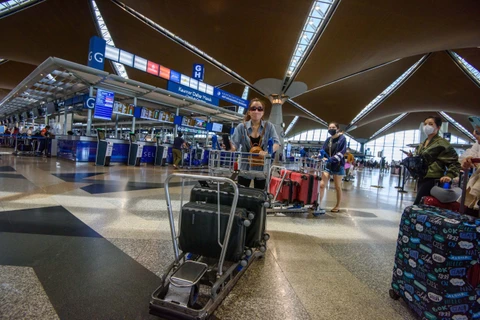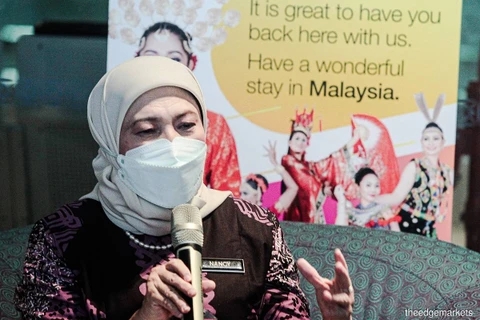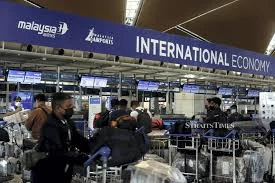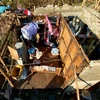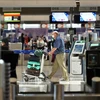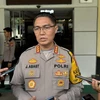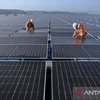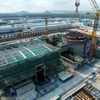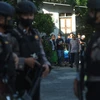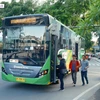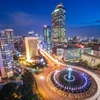Kuala Lumpur (VNA) – As Malaysia now considers COVID-19 an endemic disease, it is important to continue to provide optimal protection for the most vulnerable groups, including the elderly and high-risk individuals, said Dr Anas Alam Faizli, chief executive officer of ProtectHealth.
The planning of a second booster shot is one of such efforts, especially as the Hari Raya Festival - Islam's biggest festival – approaches, he said.
The ProtectHealth’s CEO advises high-risk individuals to protect themselves against the coronavirus by obtaining their second booster dose.
Malaysia’s Health Minister Khairy Jamaluddin announced on April 14 that those above 60 with comorbidities such as diabetes, chronic lung disease, chronic renal disease, underlying dialysis or chronic liver disease; as well as individuals at home care centres for a long-term who are more susceptible to severe COVID-19 infection can now obtain a second booster dose after four to six months obtaining the first booster shot.
The vaccine that will be used for the second booster dose is the Pfizer-BioNTech (mRNA Comirnaty).
Anas said that the elderly who are healthy and above 60 years old without comorbidities could only opt for the second booster dose on the advice of a medical professional.
Adolescents aged 12 years old who are moderately or severely immunocompromised such as cancer patients, long-term haemodialysis or peritoneal dialysis may get their booster dose at least 28 days after completing their second basic jab, he said.
Malaysia recorded 10,413 new COVID-19 cases on April 14, raising the total caseload in the country to 4,363,024.
According to the Ministry of Health of Malaysia, as of April 14, 84.5 percent of the country's population have been vaccinated with at least one dose of COVID-19 vaccine, with 79.9 percent receiving two basic doses and 48.9 percent obtaining the first booster shot./.
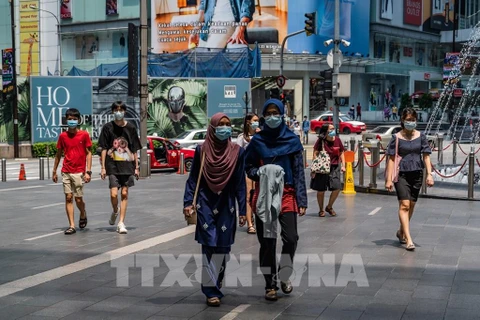
Malaysia’s economy to bounce back in 2022: AMRO
Malaysia’s economy is expected to grow strongly this year, regaining momentum after COVID-19 infections disrupted its recovery in the third quarter of last year, according to the ASEAN Plus Three Macroeconomic Research Office (AMRO).

